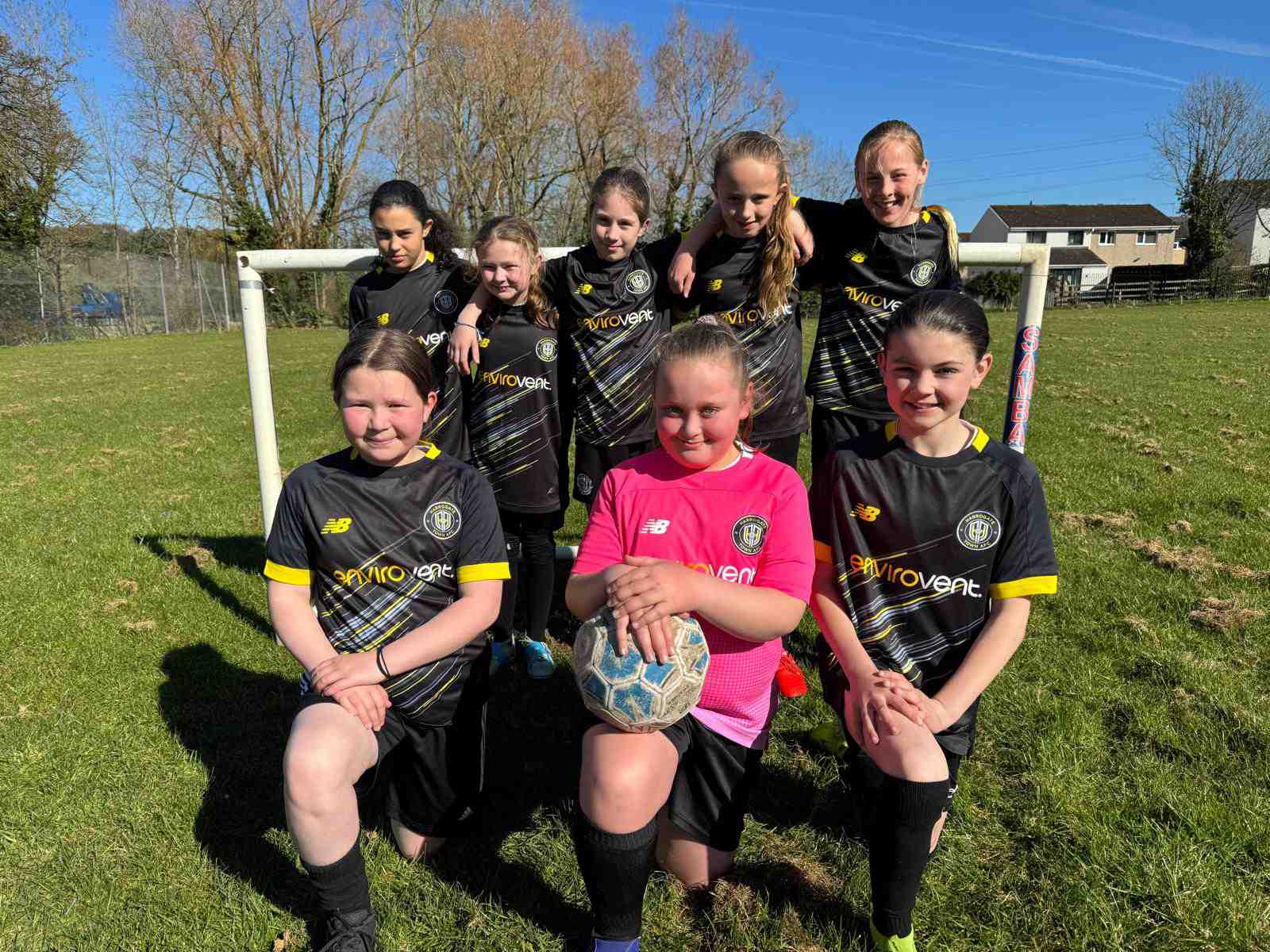Harrogate Hospital have said that they have 28 patients currently with COVID-19 with 9 of those patients with them primarily for treatment around that virus..
Staff absence due to illness or a need to self-isolate due to COVID-19 is creating pressures, but currently manageable. There are also contingency plans that can be called upon if the absence rate continues to rise, such things as deploying staff to other areas.
Steve Russell, Chief Executive of Harrogate and District NHS Foundation Trust (HDFT) said:
Rising COVID-19 infection rates amongst the public and NHS staff are certainly putting pressure on trusts around the country, including our own.
Currently at Harrogate District Hospital there are 28 patients who have tested positive for COVID-19 and nine of those are primarily in hospital for treatment for the virus.
Staff absences due to colleagues catching COVID-19, self-isolation or non-COVID related illnesses are creating pressure for our teams, for instance fewer nursing and medical staff means that whilst we are still able to treat our patients’ for their illness or condition and ensure their safety, we are sometimes not able to provide the level of holistic support that we would like.
Our staff are working tirelessly to maintain our services so that our patients’ care is not disrupted. We have contingency plans in place should the level of absences continue to rise, for instance redeploying staff where needed. Of course, depending upon staff absences, the situation may arise in the future where we need to prioritise acute care, which could impact upon admissions for operations, tests and outpatients appointments.
The new variant of COVID-19 (Omicron) is highly transmissible and we are doing everything possible to keep patients, visitors and staff safe. This unfortunately does mean that we currently have restricted visiting arrangements in place.
HDFT is more than just our hospital in Harrogate. We have thousands of people working in our local communities, such as members of our children’s services and community care teams, and Allied Health Professionals, and they are all making an incredible effort to ensure we support people at home and keep them well. Of course a huge part of community care is adult social care and we are very grateful to all our colleagues in North Yorkshire County Council, who face the same pressures as we do, for their herculean efforts to ensure that where possible people can still be looked after in their own homes. We are indebted to them all and I cannot thank them enough for their dedication and hard work.
Winter is always a busy time for our Emergency Department, and people with less urgent issues can experience longer waiting times. Unless it’s a life-threatening or a severe illness or injury, we would ask people to contact NHS 111 first. People with life-threatening illnesses or injuries should continue to dial 999 and anyone who arrives at A&E without calling NHS 111 will still receive medical care, with those needing emergency treatment prioritised.
We can all help prevent COVID-19 spreading. I would encourage anyone who has not already had their vaccinations or booster to do so as soon as possible and for parents to let their children have the jab if they are eligible for it.







